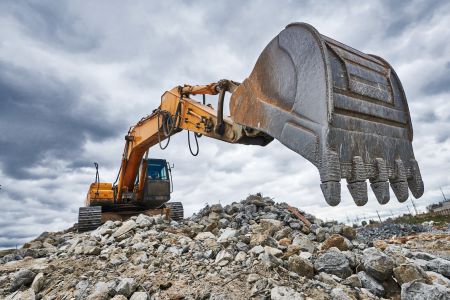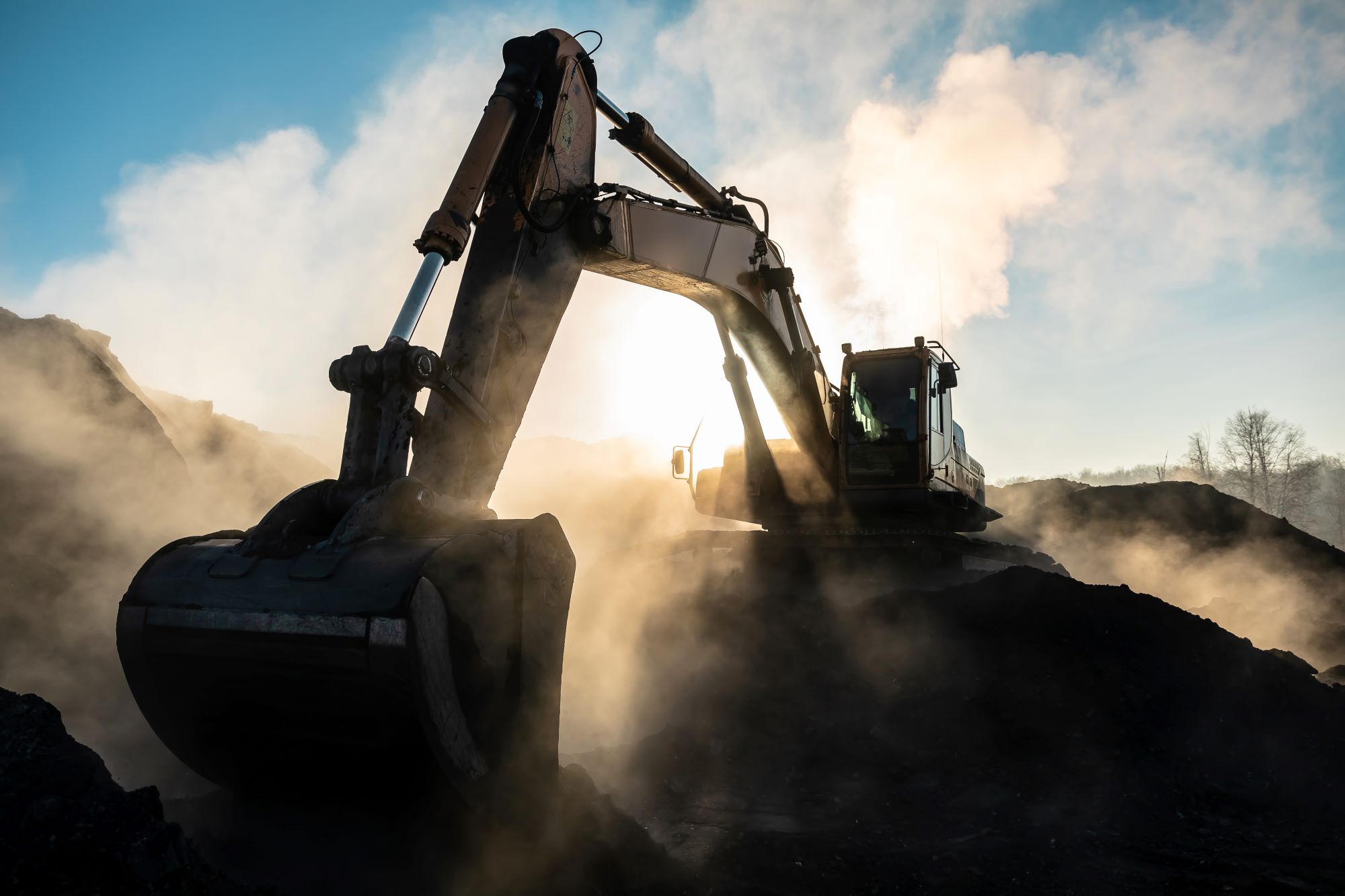Excavation work is a crucial part of any construction or landscaping project, and in Tacoma, seasonal changes can significantly impact the excavation process. From rainy winters to dry summers, each season presents unique challenges that require careful planning and adaptation. Understanding how different seasons affect excavation work and knowing how to plan for weather-related challenges can ensure a smooth and successful project. Here’s a look at how seasonal changes in Tacoma can impact excavation and how to prepare accordingly.
Winter: Managing Rain and Freezing Conditions
Tacoma’s winter season brings heavy rain and the occasional freeze, both of which can create obstacles for excavation work. Rain can lead to muddy and unstable ground, making it difficult for machinery to operate effectively. Additionally, freezing temperatures can cause the ground to harden, making excavation more challenging and potentially damaging equipment.
Solution: To manage these winter challenges, scheduling excavation work during drier periods can help avoid the worst of the mud and rain. If excavation must occur during the winter, using equipment with wide tracks or tires can reduce the risk of getting stuck in muddy conditions. For frozen ground, employing methods such as thawing techniques or using specialized equipment designed for cold weather can help maintain progress. Additionally, implementing erosion control measures and ensuring proper drainage can mitigate water-related issues.
Spring: Dealing with Wet and Unpredictable Weather
Spring in Tacoma often means unpredictable weather patterns and continued rainfall. The combination of wet conditions and fluctuating temperatures can affect soil stability and excavation operations. Spring rains can lead to saturated soil, increasing the risk of erosion and making excavation more difficult.
Solution: Proper planning and site preparation are key to managing spring weather. Scheduling excavation work around weather forecasts and monitoring soil conditions can help prevent issues related to wet ground. Employing erosion control measures, such as silt fences and sediment barriers, can help manage runoff and prevent soil erosion. Additionally, ensuring that equipment and machinery are well-maintained and suited for wet conditions can help keep the project on track.
Summer: Handling Dry Conditions and Heat
Tacoma’s summer season brings drier conditions and higher temperatures, which can present their own set of challenges for excavation work. Dry soil can become hard and compacted, making excavation more difficult. High temperatures can also affect both workers and equipment, leading to potential safety and performance issues.
Solution: To address dry soil conditions, it may be necessary to use equipment specifically designed to handle compacted ground. Regularly watering the site to keep the soil manageable can also help improve excavation conditions. Additionally, implementing heat safety measures for workers, such as providing adequate hydration and scheduling breaks during the hottest parts of the day, can help prevent heat-related issues. Ensuring that machinery is regularly serviced and maintained can also help avoid breakdowns and maintain optimal performance in high temperatures.
Fall: Preparing for Rain and Temperature Drops
Fall in Tacoma brings a transition from the warmth of summer to cooler temperatures and increased rainfall. The change in weather can affect excavation work by introducing wetter conditions and the potential for early frosts.
Solution: As fall approaches, preparing for the possibility of rain and temperature drops is essential. Ensuring proper site drainage and using erosion control measures can help manage increased rainfall. Planning excavation work to avoid the wettest periods can also help minimize issues related to muddy ground. Additionally, preparing for temperature fluctuations by adjusting equipment and work schedules can help maintain productivity and safety.
Planning Ahead: The Role of an Excavator Contractor

Navigating the seasonal challenges of excavation work in Tacoma often requires the expertise of a skilled excavator contractor. An experienced contractor will understand how seasonal conditions affect excavation and can provide valuable insights and recommendations for planning and executing the work effectively.
Solution: When choosing an excavator contractor Tacoma WA, look for professionals who are knowledgeable about local weather patterns and seasonal challenges. A top-rated excavator contractor will work with you to develop a plan that addresses seasonal considerations and ensures that excavation work proceeds smoothly throughout the year. Their expertise can help you anticipate and mitigate potential issues, keeping your project on schedule and within budget.
In conclusion, seasonal changes in Tacoma can significantly impact excavation work, from managing wet conditions in the winter and spring to handling dry soil and heat in the summer. By understanding these seasonal challenges and working with a skilled excavator contractor, you can effectively plan and prepare for weather-related issues. For expert guidance and reliable excavation services tailored to seasonal conditions, contact Adams Built Excavation. Their team of experienced professionals is dedicated to ensuring that your Tacoma excavation project is handled efficiently and effectively, no matter the season. Reach out to Adams Built Excavation today and experience the difference of working with a top-notch excavation contractor in Tacoma, Washington.

